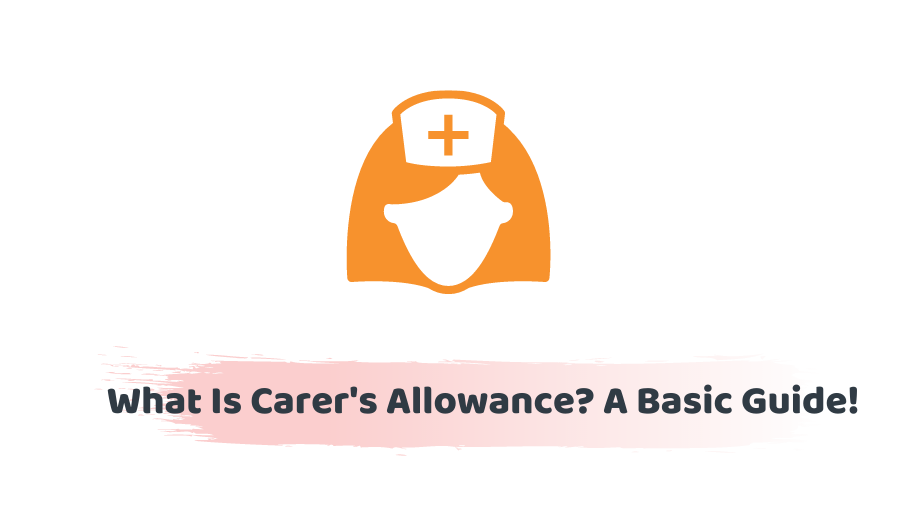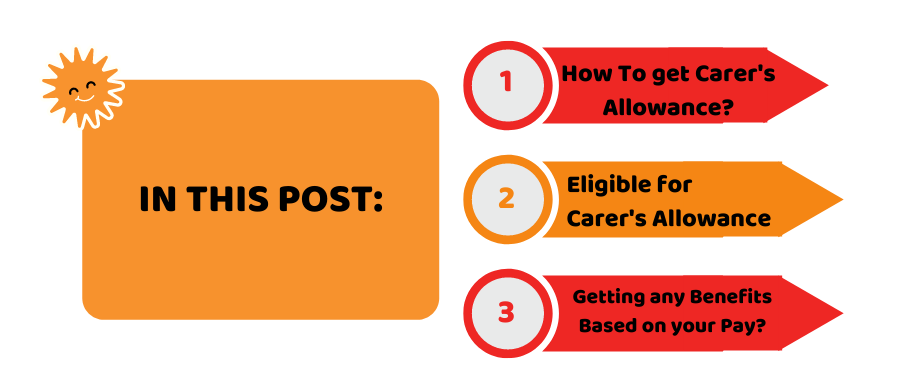Carer’s Allowance is an advantage for individuals who are giving ordinary and substantial care to disabled individuals. Carer’s Allowance is an available advantage and forms part of your available pay. These few minutes of reading will cover the following:
- How To get Carer’s Allowance?
- Eligible and Carer’s Allowance
- Getting any Benefits Based on your Pay?
How To get Carer’s Allowance?
Normally it is possible to get Carer’s Allowance if certain conditions are met and that:
- you’re sixteen years old or older than that.
- you’re not in full-time schooling.
- you spend something like 35 hours seven days really focusing on a disabled person.
- you don’t procure more than £128 per week from work or self-business – after deductions such as personal expense, National Insurance, and a big part of the pension contributions.
You usually must be in Great Britain when you guarantee.
You can discover more about guaranteeing benefits in the event that you live, move or travel abroad with our experts at Accotax.
Eligible And Carer’s Allowance:
In the event that you care for a person or individuals for somewhere around 20 hours every week, you could possibly get Carer’s Credits.
These points can particularly decide if you can get them:
- State Pension
- contributory Employment and Support Allowance
- responsibility based Jobseeker’s Allowance
As these are some tricky rules to handle so one should be seeking help from citizen advice. This will help to ensure if you are getting exactly what is desired.
Other Benefits – Based on Salary:
These are known as means-tested benefits. Also, this can add up to one’s pay once it is done successfully.
Your insurance number should be given to prove that it really belongs to you. In the event that you don’t have a clue about your public insurance number, yet you think you have one, you should give proof to assist the workplace with discovering it. One must immediately apply for the insurance number in case it is not there already.
We are a Young, Creative, Forward-Thinking, and Tech-Driven Firm of Chartered Accountants In London, with an Entrepreneurial Mindset. Reach out about your business problems.
Change of Circumstances:
The change may increase your installment and you may miss out on additional cash on the off chance that you tell the DWP late. You should still tell the DWP in the event that you figure a change may diminish your installment – you will not save cash by revealing it later.
Common Penalties for causing an Excessive Charge:
In some cases, you might need to suffer a common consequence in the event that you accomplish something careless which causes an excessive charge.
You must be asked to suffer this consequence on the off chance that you haven’t submitted misrepresentation. You can claim against a decision to impose a common punishment.
Extortion:
It might be advantage extortion in case your Carer’s Allowance is impacted because you:
- give the DWP information you know is misleading or wrong.
- do whatever it takes not to tell the DWP when your circumstances change – for instance in case you stop truly focusing on the disabled person for 35 hours consistently.
Conclusion:
To sum up the discussion, you can say that carer’s allowance can be an advantageous addition to your earnings. However, the eligibility is and other important factors mentioned above are to be handled carefully.
Disclaimer: This article intends to provide general information on the carer’s allowance.






















































